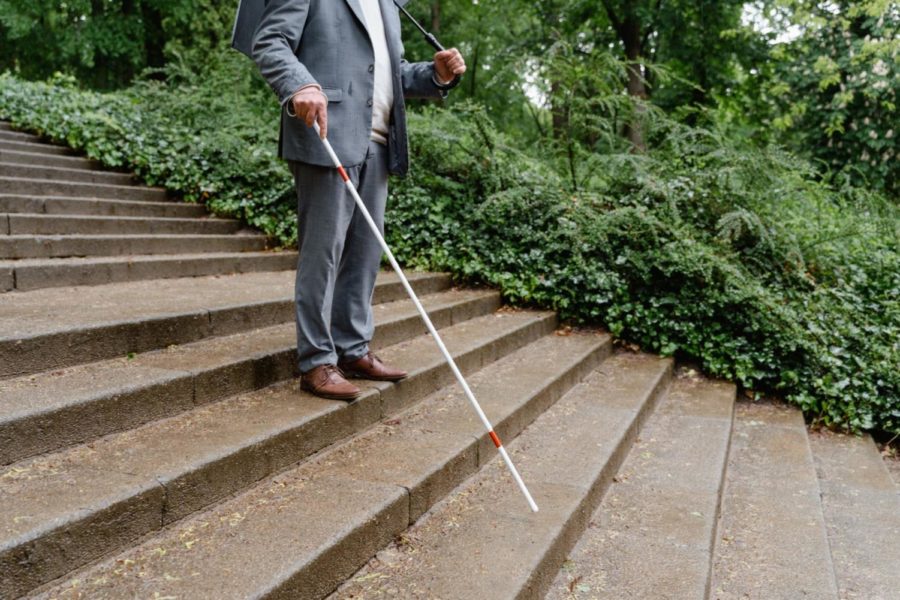Disability Is Not Always Inspiration
A few years ago, I watched a TED talk by Stella Young titled “I’m not your inspiration, thank you very much.” In this talk, Stella – a person with a disability – was expressing how people with disabilities are often seen as an “inspiration” to able-bodied people for just existing. As a person with a disability myself, I know this is true.
I don’t always “look disabled” because I can do a lot of things the same way as everyone else, so I haven’t really heard the word “inspiration” to describe me. However, whenever I hear it said about someone else or read on the internet about “an inspirational person in a wheelchair”, it annoys me.
When people say that a person with a disability is an inspiration, it’s usually not even for anything special. A blind person graduating college is not any more of an accomplishment than a sighted person graduating college. Just because someone has a disability, that doesn’t make their normal actions more special.
That’s not to say that a person with a disability can’t do something inspiring. Winning a medal in the Paralympics is a big accomplishment, but so is winning a medal in the Olympics. The fact that the Paralympics are for people with disabilities doesn’t make them inherently more of an accomplishment than the regular Olympics.
By saying a person with a disability is inspirational, you’re saying that you didn’t expect them to be able to accomplish something in the first place, or that their disability makes them less capable of doing things everybody can do. In other words, it says that people with disabilities are so incompetent and helpless that any achievement is an impressive feat.
Of course, a person with a disability might not be able to accomplish something in the same way as everyone else, but that doesn’t mean that task is impossible. I need accommodations to be able to do certain things, but that doesn’t mean I can’t do them at all, I just do them a little differently. Don’t underestimate how much a person with a disability can achieve with a few accommodations.
Living with a disability comes with many challenges, but that doesn’t mean that everything we do is inspirational. We make changes and adapt things in our life because we have to, not because we’re trying to inspire people to overcome their hardships. When I have to do something differently, I don’t think of myself as doing something inspiring, I’m just making it possible for me to do that thing the same way as everyone else.
Don’t have low expectations for people with disabilities. Recognize and applaud them for achieving big things worthy of praise, like Erik Weihenmayer, the first blind man to climb Mount Everest – just like you’d recognize an able-bodied person – but don’t put them up on a pedestal just because they have a disability and therefore more impressive because of their accomplishments. People with disabilities are not an inspiration just for living their life a little differently.








